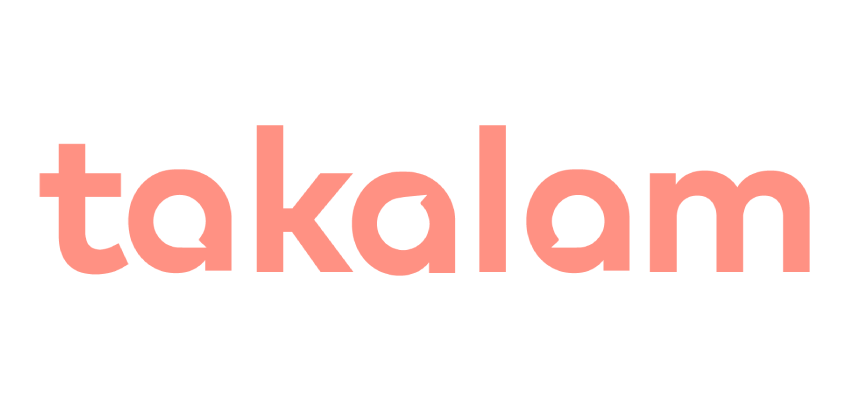ADHD, or Attention-Deficit/Hyperactivity Disorder, is a condition that influences children and adults alike, and it characterized by restlessness, acting on impulse, and trouble concentrating, among many other symptoms.
These ADHD symptoms can be hindrance to the lives of those affected by them, especially in an environment where high levels of focus, time management, and composure are needed, AKA the workplace.
ADHD in the workplace can materialize in many different ways. For example, it can have a negative influence on the employee’s productivity, as most employees with ADHD struggle to keep their energy levels consistent and have issues in completing tasks. Employees with ADHD could also be perceived to have bad communication skills, as their quicker-than-average stream of thought can be translated into erratic and inconsistent communication.
Lateness and time management are also areas where employees with ADHD have issues with. When it comes to ADHD, “time-blindness” is a condition whereby the person does not perceive time the same way neurotypical individuals might perceive it. Hence, spending “just a few extra minutes” drinking a cup of coffee before work for a person with ADHD might project into an hour of lateness, and the confident belief that a certain deadline can easily be met soon proves itself to be a huge overestimation, as the employee find himself quarrelling to finish on time.
Difficulty of regulating focus and poor memory are aspects that employees with ADHD can also struggle with. The need for the ADHD brain to be constantly flooded with dopamine translates into a constant need for stimulation and a challenge in focusing on one topic for long.
From the sound of it, all of these symptoms and their effects might seem like the employee with ADHD is a liability to the workplace, rather than an asset. This, however, could not be further from the truth.
ADHD can be a blessing and a curse, for despite the challenges that it poses for the person affected, it can also give them an advantage over neurotypical employees.
For example, individuals with ADHD are highly creative, which is a quality that is much needed in a workplace where problems which require unique solutions are continuously arising.
Difficulty in regulating focus means that employees with ADHD can have periods of hyperfocus, whereby they can focus on a task for hours on end, essentially tuning out everything around them. It often happens if the individual is doing a job that they enjoy and find interesting.
Employees with ADHD are resilient. They are equipped with an unmatchable flexibility that comes from them having to tackle obstacles in their daily lives which most people don’t have to face. This resilience is a much-coveted trait in the workplace, where employees are expected to face a myriad of obstacles. ADHD also blesses individuals with a courageous, risk-taking personality, which is hallmark of a workplace that is always looking to try new things and evolve.
In a nutshell, ADHD can affect a person’s work life in a negative or positive manner, depending on which side they focus on. As in everything, awareness is key. Knowing your strengths and weaknesses as a person with ADHD can be the first step towards honing the positives and overcoming the negatives. The next step would be working on overcoming the negative effects of ADHD that can stifle your work life, this occurs through medication and therapy.
Did you know that Takalam offers you sessions with counselors specialized in ADHD? Book your session today.
